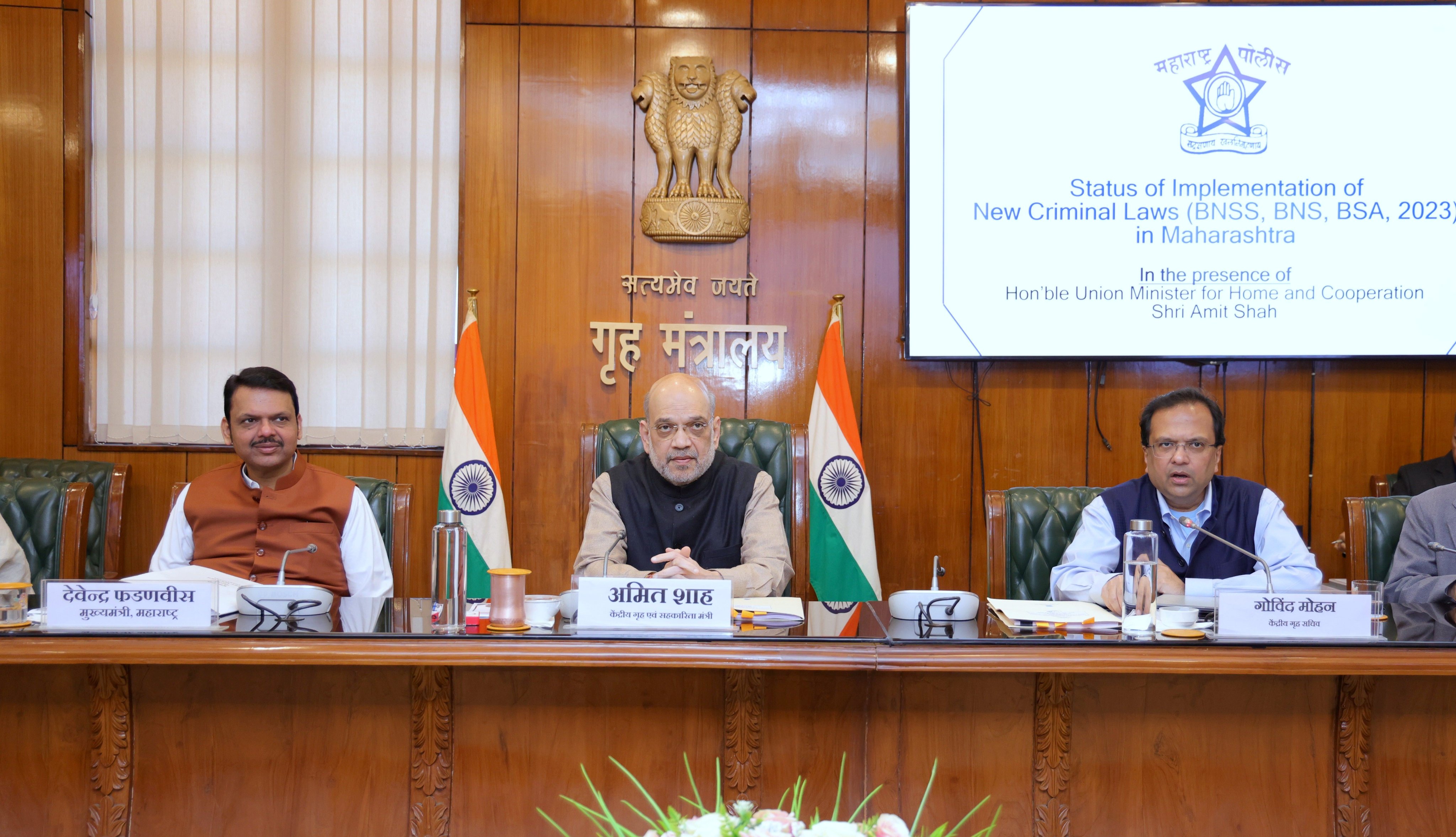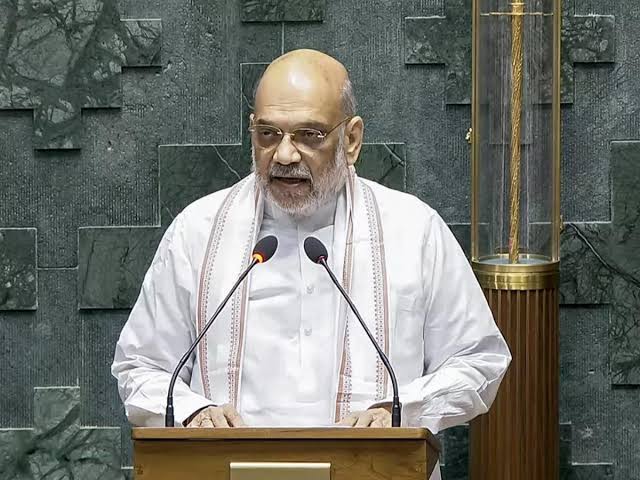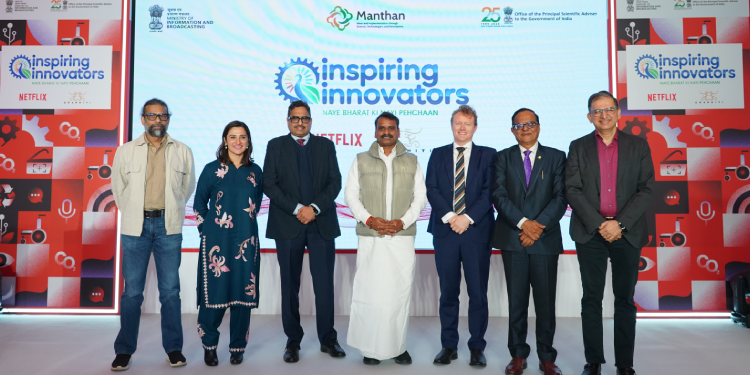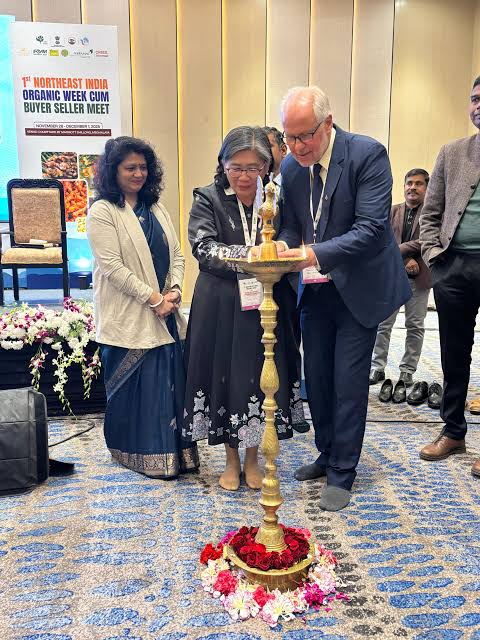Union Home Minister and Minister of Cooperation Shri Amit Shah chaired a crucial review meeting in New Delhi today to assess the implementation of three new criminal laws in Maharashtra. The meeting, attended by Chief Minister Shri Devendra Fadnavis, senior officials from the Union Home Ministry, and top police and judicial representatives from Maharashtra, focused on strengthening the state’s law enforcement framework and ensuring a more transparent and efficient justice system.
 During the discussions, Shri Shah reiterated the Modi government’s commitment to providing a swift and transparent legal process for citizens. He emphasized that for a robust law-and-order system, it is essential that crimes are promptly registered and there should be no delay in filing FIRs. He urged Maharashtra to take the lead in setting up a model Directorate of Prosecution aligned with the new legal framework, ensuring seamless coordination between the police, government lawyers, and the judiciary. He further stressed the importance of achieving a conviction rate of over 90% in cases where sentences exceed seven years, reinforcing the need for accountability and swift justice.
During the discussions, Shri Shah reiterated the Modi government’s commitment to providing a swift and transparent legal process for citizens. He emphasized that for a robust law-and-order system, it is essential that crimes are promptly registered and there should be no delay in filing FIRs. He urged Maharashtra to take the lead in setting up a model Directorate of Prosecution aligned with the new legal framework, ensuring seamless coordination between the police, government lawyers, and the judiciary. He further stressed the importance of achieving a conviction rate of over 90% in cases where sentences exceed seven years, reinforcing the need for accountability and swift justice.
Addressing key aspects of law enforcement, Shri Shah underscored the necessity of regular monitoring of serious crimes such as organized crime, terrorism, and mob lynching by senior police officials. He suggested the integration of video conferencing for recording evidence in prisons, hospitals, banks, and forensic labs, ensuring efficiency and reducing procedural delays. To enhance inter-state coordination, he advocated for the implementation of systems allowing FIRs to be transferred seamlessly across state borders through the Crime and Criminal Tracking Network and Systems (CCTNS), urging Maharashtra to adopt the latest versions of CCTNS 2.0 and ICJS 2.0.
In a move to modernize policing, Shri Shah directed that police stations across Maharashtra should have better internet connectivity and electronic dashboards displaying real-time information on individuals in custody. He also emphasized the need for forensic science mobile vans at every police sub-division and called for urgent recruitment to fill vacant forensic expert positions. He urged Maharashtra to integrate its fingerprint identification system with the National Automated Fingerprint Identification System (NAFIS), which would significantly enhance the efficiency of criminal investigations.
Another crucial aspect discussed was the swift return of property recovered from criminals to its rightful owners, as per the provisions of the new laws. Shri Shah also emphasized making police stations more visually welcoming and citizen-friendly, reinforcing trust between law enforcement and the public.
To ensure the smooth execution of these reforms, he recommended that the Chief Minister conduct a bi-weekly review of the implementation of the new laws, while the Chief Secretary and the Director General of Police should conduct weekly assessments. The meeting underscored the government’s determination to build a justice system that is swift, transparent, and accessible, setting a strong foundation for a safer and more secure Maharashtra.




